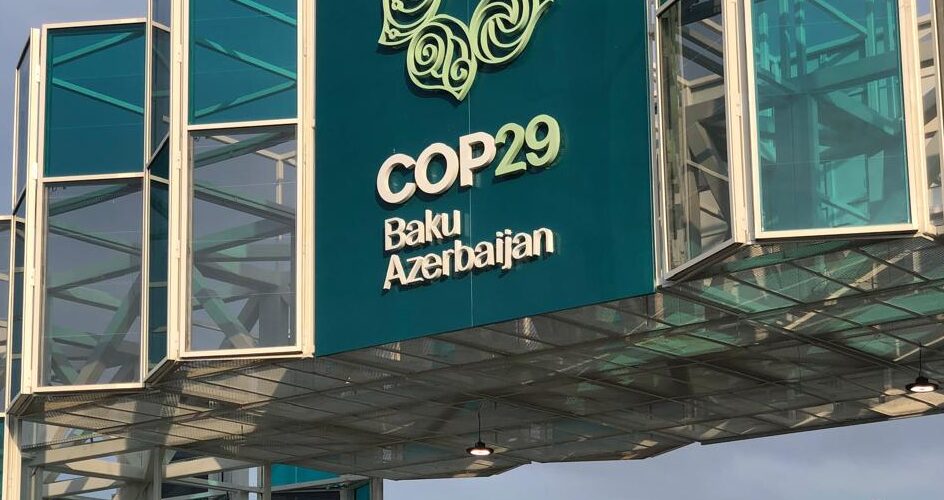As CoP 29 ends in Baku, Azerbaijan, India delivered a Statement in the closing plenary of the Subsidiary Bodies on the ‘Agenda on Sharm el-Sheikh Mitigation Ambition and Implementation Work Programme (MWP)’.
Reacting to the interventions by Developed countries, asking for including mitigation paras from Global Stocktake at CoP28 into the MWP, India expressed dissatisfaction with the insistence of developed countries to expand the scope of MWP from what was agreed in past, thus inhibiting progress on the agenda item.
India aligned its stance with the views of the Like-Minded Developing Countries (LMDCs), the Arab Group and the African Group of Negotiators (AGN) as they expressed serious concern about the progress the CoP29 made during the week.
The statement mentioned “We have seen no progress in matters that are critical for developing countries. Our part of the world is facing some of the worst impacts of climate change, with far lower capacity to recover from those impacts or to adapt to the changes to the climatic system for which we are not responsible.”
The statement further read, “We notice a tendency to ignore the decisions taken in the past – related to the Sharm el-Sheikh mitigation ambition and implementation work programme at CoP27 and the context of the Global Stocktake in the Paris Agreement, where it informs the parties for undertaking climate actions.”
India stressed that the MWP was established with a specific mandate that it shall be operationalized through focused exchanges of views, information and ideas, noting that the outcomes of the work programme will be non-prescriptive, non-punitive, facilitative, respectful of national sovereignty and national circumstances, while taking into account the nationally determined nature of nationally determined contributions and will not impose new targets or goal.
Expressing frustration on the unwillingness to engage on this issue by the Developed countries during the past week in this Finance CoP, the Statement read, “If there are no means of implementation, there can be no climate action. How can we discuss climate action, when it is being made impossible for us to act, even as our challenges in dealing with the impacts of climate change are increasing?”
India asserted that those with the highest capacity to take climate action have continuously shifted goalposts, delayed climate action, and consumed a highly disproportionate share of the global carbon budget. The lead negotiator stated, “We now have to meet our developmental needs in a situation of increasingly depleting carbon budget and increasing impacts of climate change. We are being asked to increase mitigation ambition by those who have shown no such ambition, either in their mitigation ambition and implementation or in providing the means of implementation.”
This bottom-up approach is being attempted to be made into a top-down approach, in turn attempting to turn the whole mandate of the MWP and the principles of the Paris Agreement upside down, the Statement added.
Earlier at the conference, India had reiterated that the developed countries need to commit to provide and mobilise at least USD 1.3 trillion every year till 2030, through grants, concessional finance and non-debt-inducing support that cater to the evolving needs and priorities of developing countries, without subjecting them to growth-inhibiting conditionalities in the provision of finance.






Add comment